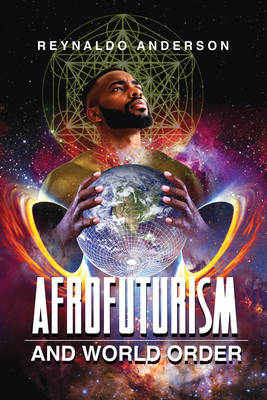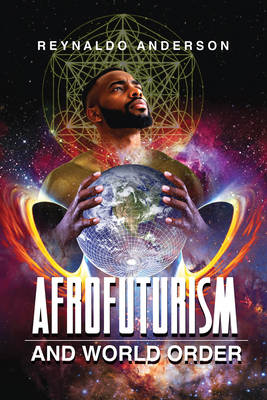
Bedankt voor het vertrouwen het afgelopen jaar! Om jou te bedanken bieden we GRATIS verzending (in België) aan op alles gedurende de hele maand januari.
- Afhalen na 1 uur in een winkel met voorraad
- In januari gratis thuislevering in België
- Ruim aanbod met 7 miljoen producten
Bedankt voor het vertrouwen het afgelopen jaar! Om jou te bedanken bieden we GRATIS verzending (in België) aan op alles gedurende de hele maand januari.
- Afhalen na 1 uur in een winkel met voorraad
- In januari gratis thuislevering in België
- Ruim aanbod met 7 miljoen producten
Zoeken
Omschrijving
In Afrofuturism and World Order, Reynaldo Anderson delves into the evolution of Black speculative thought and Afrofuturism from the early twentieth century to the present day. By locating Afrofuturism within an African geography of reason, he situates the past, present, and future of people of African descent at the intersection of speculative philosophy, science fiction, futurology, artificial intelligence, climate change, and geopolitics. Historically, Afrofuturism theorized futures for Black Americans through merging their lived experiences with science fiction, technology, music, and art. Drawing from adaptations in Black culture and speculative thought during the Cold War, Anderson addresses the shifting focus of the genre from American to transnational, as well as the implications of modern existential threats such as the COVID-19 pandemic. By tracing the Black speculative tradition from its overlaps with Africana esotericism and certain African diaspora regions, to its intersections with astroculture and modernism, to the works of Malcolm X, Amiri Baraka, W. E. B. Du Bois, and Octavia Butler, to the aesthetic politics of the Black Speculative Arts movement, and beyond, Anderson illuminates how Afrofuturism participates in an increasingly multipolar world.
Specificaties
Betrokkenen
- Auteur(s):
- Uitgeverij:
Inhoud
- Aantal bladzijden:
- 218
- Taal:
- Engels
- Reeks:
Eigenschappen
- Productcode (EAN):
- 9780814215944
- Verschijningsdatum:
- 14/08/2025
- Uitvoering:
- Hardcover
- Formaat:
- Genaaid
- Afmetingen:
- 152 mm x 229 mm
- Gewicht:
- 462 g

Alleen bij Standaard Boekhandel
+ 339 punten op je klantenkaart van Standaard Boekhandel
Beoordelingen
We publiceren alleen reviews die voldoen aan de voorwaarden voor reviews. Bekijk onze voorwaarden voor reviews.









